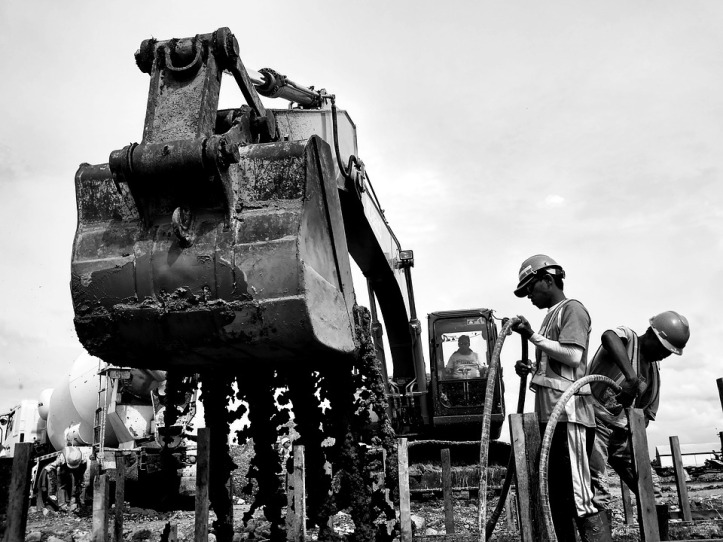
In late 2014, the government started merging 40-odd central labour laws into four large codes and termed it a structural reform aimed at simplifying laws to improve ease of doing business without flouting workers’ rights.
Four years on, it’s a scrappy job, with none of the codes ready to be tabled in Parliament. Continuous protests by workers’ groups and trade unions affiliated to different political parties, including one to the Rashtriya Swayamsevak Sangh (RSS), the ideological parent of the ruling Bharatiya Janata Party, have stalled efforts. While the government terms the reform essential, critics say it is “not inclusive”.
Ahead of the winter session of Parliament, the labour ministry is making one last push and has taken up the labour code on occupational safety, health and working conditions on a priority. The intention is right, and the choice of laws to merge under this code is largely correct, and the exercise would perhaps benefit the present world of work by bringing certain coherence in 13 laws that were framed between 1948 and 1996. These laws govern factories, mines, migrant workers, docks and ports, and contract workers among others.
But what it lacks in scope —it does not cover over 85% of India’s labour market who are employed either in small companies deploying 10 or the workers or in the informal sector.
“The objective is fine, but is this code talking about all workers in the 470-million plus labour market? The answer is no, and the draft law is not inclusive,” said C.K. Sajinarayanan, president of the Bharatiya Mazdoor Sangh (BMS), the largest trade union body in the country and an affiliate of the RSS.
A.K. Padmanabhan, president of the Left-aligned Centre for Indian Trade Unions concurs. “The present government wants to count jobs in the informal sector, it talks about the loan it has given to people to start or expand the tiny business, it supports fixed tenure jobs, and it talks about present-day realities. Why then does this code exclude the lion’s share of the working population in India and does not take care of their safety, health and working conditions?” Padmanabhan argued.
But that’s one side of the story; in 2018, you cannot have laws of the 1950s governing your industries or workplace, said Shankar Agarwal, a former labour secretary.
Source: Live Mint
